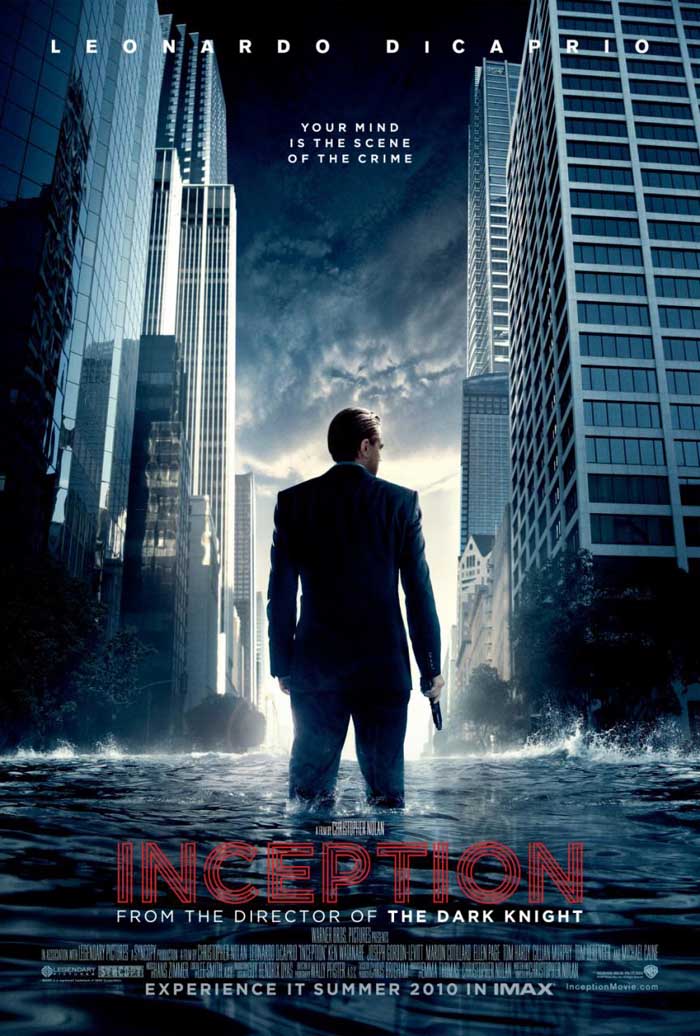Today, a quick meditation on an incredibly useful, if frustrating concept—a beautiful phrase that cloaks my absolute least favorite experience, ever, ever, ever: l'esprit d'escalier.
Translated literally from the French, it means "the spirit (or, well, wit) of the stair"—but really, it's that incredibly clever thing you can only think to say .3 seconds after it would have been useful. For example, in Rostand's Cyrano de Bergerac, the quick-tongued protagonist is famed for never having this problem, for always dishing out only the best & best-timed repartee—most likely because he is a fictional character. Other, more realistic portraits include George from Seinfeld, who, when insulted, is utterly stymied, & even after great contemplation can only muster, "Well, the jerk store called, & they're running out of you!"

It is, quite literally, my least favorite of life's daily unfortunate doses—worse than tripping awkwardly on the sidewalk, spilling coffee down your shirt, returning a wave only to discover it was meant for the person behind you—because unlike these physical or social accidents, this verbal goof was preventable, avoidable altogether, if only your brain zapped slightly faster—&, therefore, the failure stings like a punch to the funnybone: sharp at first, then growing, spreading, aching over time. Why, oh why, couldn't you have, just one moment sooner, eeked out the response that now buzzes, restless, like a bee trapped in your skull?
I think it comes down to this: it's popular (especially among Plato & Co.) to view mental capacity as the greatest of goods, better than physical attractiveness or wealth, as the latter two are transient & arbitrarily privilege-based, while the former is a product of study & cultivation, & therefore available to anyone who works hard enough. In fact, M. de Bergerac is personified proof that, if nothing else, at least you have your mind—that even a seemingly insurmountable defect (e.g., a criminally large nose) can be turned around with some well-crafted verbiage. In moments of esprit d'escalier, however, even those considered reasonably sharp are robbed of this greatest & most honorable of traits, left only with fizz & inaction—& soon, the desire to kick themselves, repeatedly.
That's all, really: I have no advice for avoiding these blunders, no thoughts on mitigating the ensuing vexation. Still, the next time you experience this delayed synapse response—perhaps, when your sharp-tongued professor lobs a softball over the strike zone, & all you can do is stutter mundanely—at least you can say a pretty French phrase to yourself as you slink dopily back up the lecture hall stairs.
Today's Headphone Fodder:
With school comes work, & with work comes Study Music. Study Music is, at least for me, different from music I'd listen to when at play; it has to provide a varied & entertaining ambiance, while still remaining just that: an ambiance, a background, nothing so intriguing it will foist itself over the many pages of Heidegger left to chug down before sunrise. That said, the ultimate Study Music, as far as I'm concerned, is the album Cocktail Draculina—from which, for today, I've extracted the song (not unintentionally):
The whole album is almost concept-bent—Lynchian, I would say—in its rehash/rebranding of various 50s-60s standard sounds: the surf guitar, the percocet-pumped housewife warble, the optimistic xylophone of advertising jingles—that general sense of halcyon excess that so easily slips to creepy. It's so, so, so good. I highly recommend picking up a copy—& especially, at some less busy point, listening to it with full attention. You won't be disappointed.




